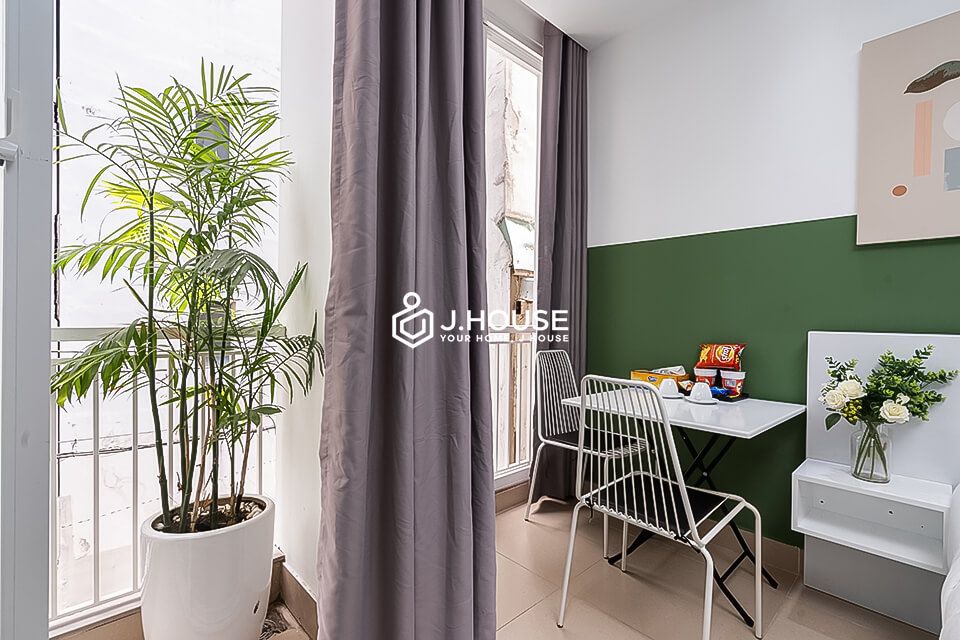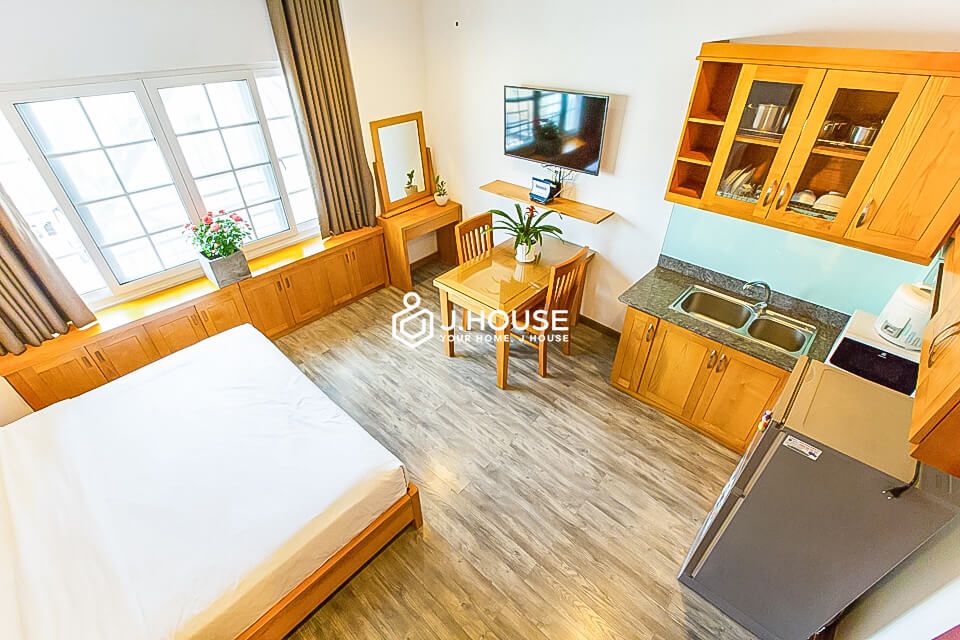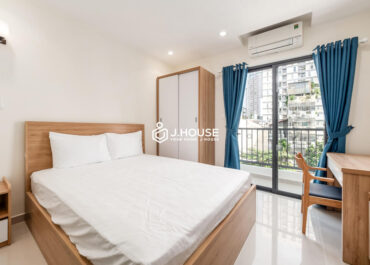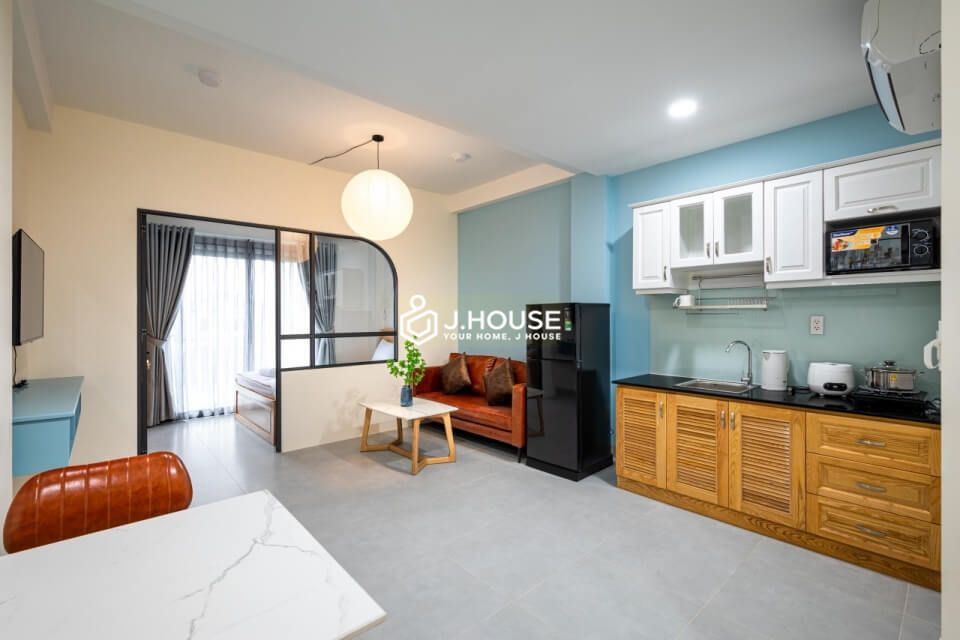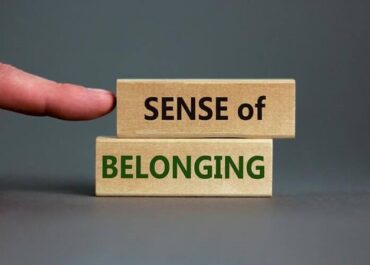Latest Properties
Step-by-Step: How to Settle in Vietnam as a New Expat
Step-by-Step Guide to Settling in Vietnam for New Expats
It can feel overwhelming at first to settle in Vietnam as a new expat. The streets are bustling, the language is unfamiliar, and even ordering a coffee might feel like a mini adventure. But you’re not alone—and you’re not the first to feel a little lost. With the right steps, the transition from outsider to insider can happen faster (and easier) than you think.

Whether you’re here for work, a fresh start, or just a change of scenery, Vietnam offers an incredible blend of affordability, opportunity, and cultural richness.
This practical guide will walk you through each stage of your early days—what to expect, what to do, and what to avoid. From sorting out your visa and finding a place to stay, to making local connections and feeling at home, we’ve got you covered. Let’s take it step by step—your new life in Vietnam starts here.
Your New Chapter Starts Here: Why Vietnam Draws Expats In
Picture this: sipping world-class coffee for $1, renting a cozy apartment in a leafy neighborhood, and exploring vibrant street food alleys — all without breaking your budget. Vietnam has quickly become a dream destination for digital nomads, retirees, and professionals looking for both adventure and stability. Cities like Ho Chi Minh City and Hanoi offer a unique blend of opportunity, affordability, and culture that’s hard to resist.
But as exciting as it sounds, settling into life here can feel like navigating a maze — with culture shock, visa confusion, and language hurdles waiting around the corner. That’s where this step-by-step guide comes in: to help you land smoothly, confidently, and ready to call Vietnam home.
Step 1: Understand Your Visa Options
Before you even step off the plane, getting the right visa is your first real step toward settling in Vietnam. It’s not the most exciting part of the journey—but it’s essential. The visa you choose determines everything that follows: where you can live, how long you can stay, whether you can open a bank account, rent an apartment, or even buy a motorbike.
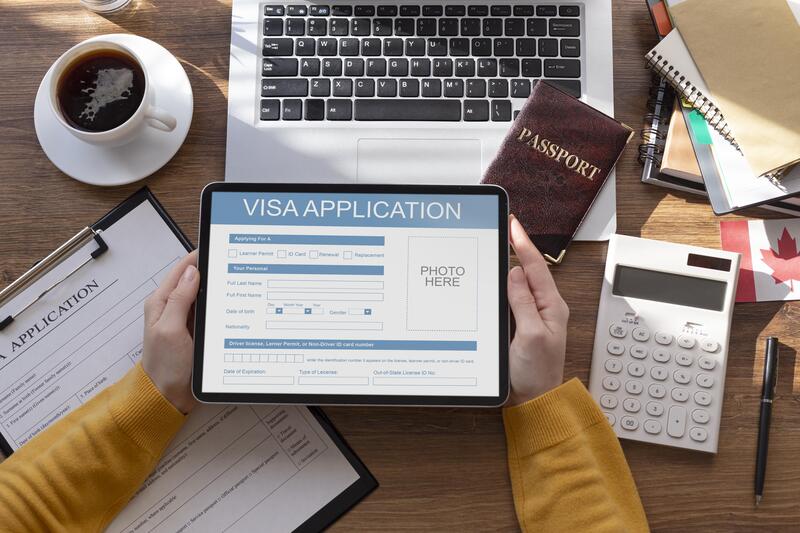
Common options for new expats include:
- Tourist Visa (eVisa): Valid for 30 to 90 days, extendable in some cases.
- Business Visa: Often used by freelancers or remote workers; usually requires a sponsor.
- Investor or DT Visa: For those setting up businesses or investing in Vietnam.
- Spouse/Dependent Visa: For family members of foreign residents.
Tip: If you’re planning to stay longer than 6 months, look into converting your visa to a Temporary Residence Card (TRC). It’s your key to staying long-term—no more visa runs, no more guesswork.
Read more: Long-Term Visa, Work Permit & TRC in Vietnam: What You Need to Know
Step 2: Secure a Place to Stay (Short-Term First!)
Don’t rush into a year-long lease the moment you land. Instead, start with a short-term rental in an expat-friendly neighborhood, such as Thao Dien (HCMC) or Tay Ho (Hanoi). It gives you the breathing room to explore different areas, test out your commute, try the local coffee spots—and see where you feel at home.
Once you’ve gotten a feel for the city and found a neighborhood that fits your vibe, you can start looking into longer-term options: serviced apartments, condos, or private homes. It’s all about starting flexible and settling smart.
When you’re ready to settle in more permanently, consider working with a trusted local agency like JHouse. They specialize in helping expats find reliable, comfortable housing that suits both your lifestyle and budget.
Read more: Best Districts in HCMC for Long-Term Expats
Step 3: Set Up Your Finances
Want to avoid long ATM lines, crazy foreign card fees, or scrambling to pay rent in cash? Opening a local bank account is one of the smartest early moves you can make as a new expat in Vietnam.
With a local account, you can:
- Get paid (if you’re working)
- Pay rent easily via bank transfer
- Skip high international withdrawal fees

You’ll usually need:
- A valid visa
- Your passport
- Proof of residence (like a rental contract)
Some banks are more expat-friendly than others. Techcombank and ACB offer English-speaking staff and smooth mobile banking apps. Once you’re set up, make sure to download the app and explore options for linking with e-wallets like MoMo or ZaloPay.
Need a step-by-step guide? Check out our full post: Open a Bank Account in Vietnam: A Guide for Expats
Step 4: Get a SIM Card and Internet Access
You’ve landed, dropped your bags, now it’s time to get online. Staying connected from day one is easy in Vietnam—just grab a local SIM card from providers like Viettel, Mobifone, or Vinaphone. You’ll find prepaid cards at the airport, but for better service, head to an official store where they’ll register your SIM with your passport.
Once you’re more settled, consider switching to a monthly data plan—affordable, fast, and perfect for heavy users. Most apartments come with Wi-Fi, and if not, it’s quick and cheap to install.
Useful Information:
- Mobile data in Vietnam is incredibly fast and cheap—think Netflix on the go without breaking the bank.
- You’ll need a local number soon anyway: to open a bank account, book a Grab ride, or just message your landlord.
Step 5: Learn the Basics of Vietnamese Culture & Language
While many locals in cities like HCMC or Hanoi speak some English, making the effort to learn a few Vietnamese phrases can transform your experience. Try saying:
- Xin chào (Hello)
- Cảm ơn (Thank you)
- Bao nhiêu tiền? (How much?)
A simple “Cảm ơn” with a warm smile can turn a transaction into a connection.
Beyond the language, understanding cultural habits is key. For example:
- Always remove your shoes before entering a home.
- Use two hands when giving or receiving something, especially with older people.
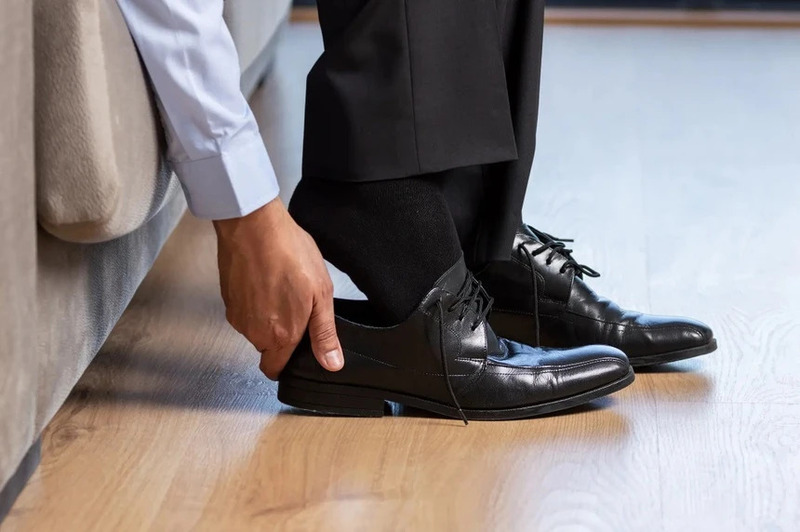
These small gestures go a long way in earning respect and feeling welcome. Want to go deeper? Try apps like Duolingo, join a language exchange café, or ask your Vietnamese friends to teach you local slang over coffee.
Explore more: Long-Term Living in Vietnam: Top Challenges & How to Overcome
Step 6: Take Care of Health Insurance & Medical Access
No one likes to plan for emergencies, but in a new country, having the right health coverage can make all the difference. Vietnam offers excellent private healthcare, especially in cities. For expats, top picks include FV Hospital in Ho Chi Minh City and Vinmec across the country—both offer international standards and English-speaking doctors.
Here’s what you should do early on:
- Get a private insurance plan that covers both outpatient and inpatient care
- Identify the nearest clinic or hospital in your area
- Save key emergency contacts in your phone and on paper
Health insurance in Vietnam is affordable and can save you from costly surprises.
Read more: Healthcare in Vietnam for Expats: Insurance & Hospital Tips
Step 7: Connect with Expat Communities
Moving to a new country can feel isolating—but it doesn’t have to be. Vietnam’s expat community is vibrant, supportive, and full of people who’ve been in your shoes. Whether you’re looking for friends, advice, or just someone to grab a coffee with, there’s a place for you.

Where to start?
- Join Facebook groups like Expats in Ho Chi Minh City, Hanoi Massive Community or Expats in Vietnam
- Attend language exchange meetups or cultural events
- Explore coworking spaces like Toong, Dreamplex, or The Hive
- Join sports clubs, creative workshops, or social impact groups
These connections can turn a foreign place into a true home.
Read more: Finding Your Tribe: Join Expat Communities in Ho Chi Minh City
Step 8: Consider Your Long-Term Goals
Once you’ve found your rhythm in Vietnam, it’s time to ask: What’s next?
– Are you thinking of staying long term?
– Want to start a career, raise a family, or even buy property here?
What may have begun as a short-term adventure could evolve into something far more meaningful. Vietnam is increasingly welcoming to long-term expats—many go on to secure work permits, apply for temporary residence cards, open businesses, or even invest in real estate.
This is your chance to turn a place of discovery into a place of belonging.
Read more: Long-Term Living in Vietnam: A Settling Guide for Expats & Families
Final Thoughts: Start Smart, Settle Well
Settling in Vietnam as a new expat doesn’t have to be overwhelming. With the right information and an open mindset, you can navigate the early steps with clarity—turning culture shock into cultural curiosity, and daily tasks into meaningful routines. From your first visa to your first bowl of phở in a local street corner, every experience is a step toward feeling at home.
Whether you’re here to explore, grow a career, raise a family, or simply live life with more color and connection, Vietnam has a way of welcoming those who embrace it. A temporary move can grow into a lasting sense of belonging.
And when it comes to finding a comfortable place to land, a little local support can go a long way. Let that first step be a strong one.
Begin your journey with confidence—and when you need a place to start, let JHouse guide you home.
JHouse Content Team
The in-depth content development team on housing services for foreigners & Vietnamese in Vietnam. The content is simple, easy to understand, and logically arranged to bring readers useful topics and information from real experiences.








